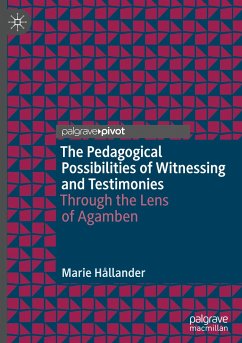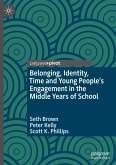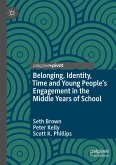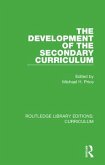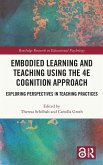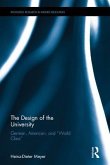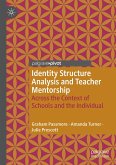This book explores the pedagogical possibilities of testimony and witnessing. Drawing on the work of Giorgio Agamben, this book highlights the ultimate impossibility of witnessing and testimony: testimonies do not stand outside language, history, politics, or capitalist systems. Through analysis of different aspects of representation, subjectivity and emotions, this book illustrates how testimonies can be used as a way to control student emotions, perceptions and understandings. Testimonies used within teaching can work as a way to reproduce stereotypes of suffering, and can thus consolidate and reinforce exisiting power structures and identities. By exploring these difficulties, the author argues for the value of teaching historical testimonies of suffering that recognize both the impossibilities and possibilities of witnessing and testimony.
"Marie Hållander has provided an indispensable guide to re-thinking the pedagogical possibilities of witnessing and testimonies, essential reading for anyone interested in how to approach these topics both critically and pedagogically. Through a lucid theoretical synthesis, this book re-inscribes a dynamic pedagogical dimension into the topics of witnessing and testimony, which have been dominated by historians, psychologists and literary critics. Thinking through the theoretical challenges of witnessing and testimony yet using powerful examples from teaching, Hållander develops a forceful analysis that shows the profound implications of these topics for pedagogical practice."
-Michalinos Zembylas, Open University of Cyprus, Cyprus
"Timely and topical, this fascinating book complicates approaches to witnessing, suffering and testimony without diminishing the pedagogical, historical and political significance of sharing, or harkening to, one's experience. It is a powerful, original and valuable contribution in its field, not only because it weaves its themes in a diligent, reflective and critical manner, but also because it has its own, unique perspective and sensibilities, as these emerge from erudite combination of narrative, pedagogy and philosophy."
-Marianna Papastephanou, University of Cyprus, Cyprus
"Marie Hållander has provided an indispensable guide to re-thinking the pedagogical possibilities of witnessing and testimonies, essential reading for anyone interested in how to approach these topics both critically and pedagogically. Through a lucid theoretical synthesis, this book re-inscribes a dynamic pedagogical dimension into the topics of witnessing and testimony, which have been dominated by historians, psychologists and literary critics. Thinking through the theoretical challenges of witnessing and testimony yet using powerful examples from teaching, Hållander develops a forceful analysis that shows the profound implications of these topics for pedagogical practice."
-Michalinos Zembylas, Open University of Cyprus, Cyprus
"Timely and topical, this fascinating book complicates approaches to witnessing, suffering and testimony without diminishing the pedagogical, historical and political significance of sharing, or harkening to, one's experience. It is a powerful, original and valuable contribution in its field, not only because it weaves its themes in a diligent, reflective and critical manner, but also because it has its own, unique perspective and sensibilities, as these emerge from erudite combination of narrative, pedagogy and philosophy."
-Marianna Papastephanou, University of Cyprus, Cyprus

